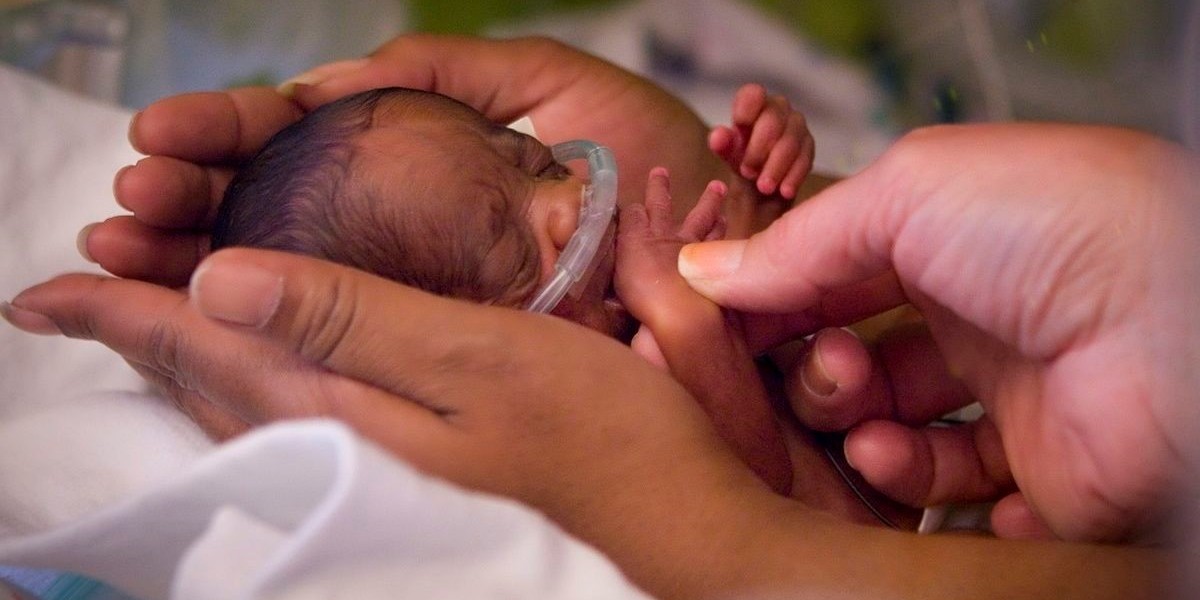Prof. Peter Ebeigbe, Chairman, Faculty of Obstetrics and Gynecology, National Postgraduate Medical College of Nigeria, Lagos, has identified malaria and other common diseases as the major causes of premature births.
Ebeigbe spoke with the News Agency of Nigeria (NAN) in Lagos that major things that caused premature births were common diseases such as infections, malaria, hypertension, anaemia, among others.
“Common disorders, if they are well managed in proper hospitals, we can prevent it.
“I can tell you that increasingly, the population is increasing, and we are having more of it.
“But in reality, because more and more women are getting help in proper hospitals, the numbers are decreasing,” he said.
According to him, if a pregnant woman has severe malaria and not well managed at a proper hospital, she can go into forced labour before the due date.
The obstetrician and gynaecologist described premature births as those babies born before their due date.
He said babies are matured when they are about 37 weeks, approximately nine months and that it was important for babies to get to that stage of development.
The expert said that the baby system needs to be developed for them to establish breathing when they come out or the hearts to work on its own when they come out.
Ebeigbe said that a woman can give birth prematurely or the baby gets the troubled following which the hospital would be forced to get the baby out prematurely.
He said that antenatal care and early booking would enable the hospitals to prevent premature births.
He advised pregnant women to realise that help was available and that most of the causes of premature births could be prevented through available antenatal care.
According to him, there are experts in general hospitals as well as private hospitals that can prevent premature births.
“What hospitals usually do is to access the woman and checked if she has any disease before becoming pregnant.
“The expert will pick up on a woman to avoid premature births, and as the pregnancy grows, they are monitoring them to pick up the diseases early.
“If a woman stays at home for long before coming to the hospital, it makes it difficult to control,’’ Ebeigbe said.
He, however, urged women to utilise the help available to them by coming early to the hospital and first registered.

